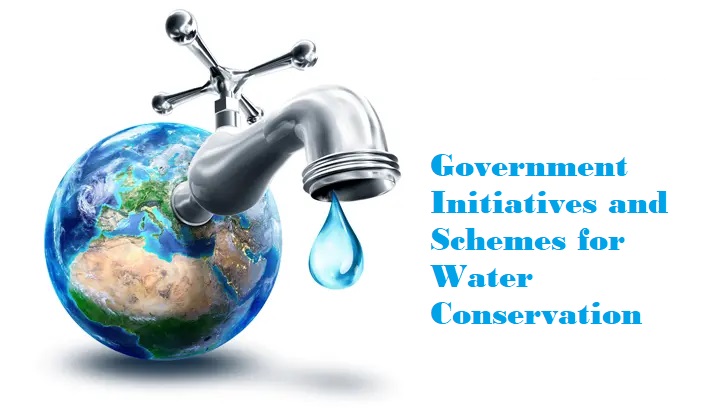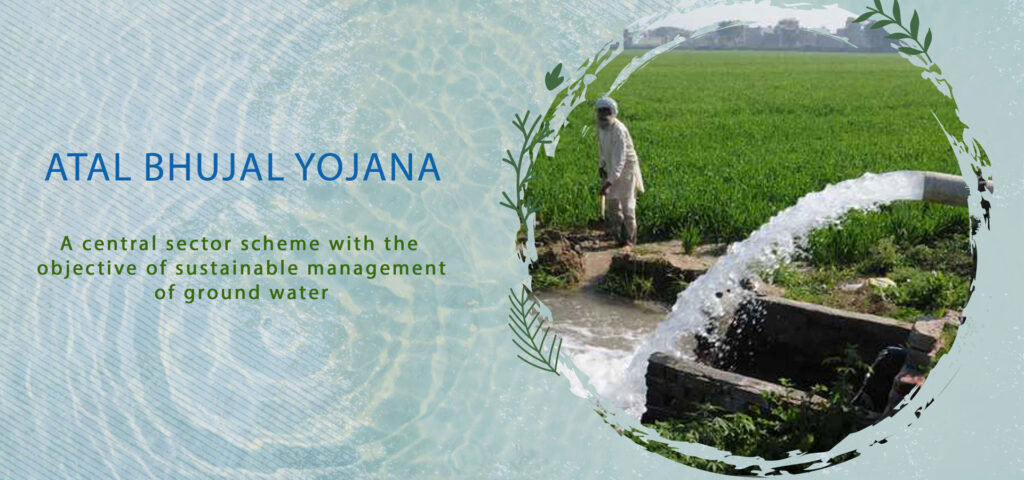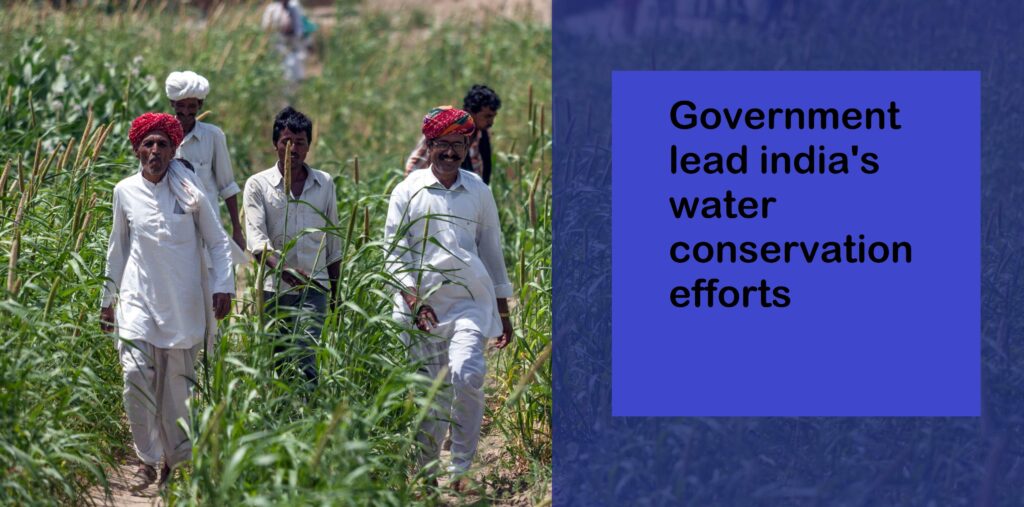
Water conservation has become a critical priority in India, where effective management of water resources is essential for sustainable development, economic growth, and public health. The Government of India has implemented a range of initiatives and schemes aimed at promoting water conservation and enhancing storage infrastructure across the country. These efforts are not only geared towards ensuring water security but also offer significant benefits to households and industries alike.
Overview of Indian Government Programs
The Government of India has launched several key programs focused on water conservation:
Jal Jeevan Mission (JJM): Initiated in 2019, JJM aims to provide piped water supply to all rural households by 2024. It emphasizes decentralized water management, community participation, and sustainable water supply through local infrastructure development. This mission intends to alleviate the burden of water collection, particularly for women, and improve overall health outcomes by ensuring access to safe drinking water.
Pradhan Mantri Krishi Sinchayee Yojana (PMKSY): Launched in 2015, PMKSY aims to enhance water use efficiency in agriculture. It promotes techniques such as micro-irrigation (drip and sprinkler irrigation), watershed management, and rainwater harvesting. By optimizing water usage, PMKSY aims to increase agricultural productivity, support food security, and improve the livelihoods of farmers.
Atal Bhujal Yojana (ABHY): Introduced in 2018, ABHY focuses on sustainable groundwater management. It emphasizes community-led initiatives for groundwater recharge, demand-side management, and promoting efficient water use practices in water-stressed areas. ABHY targets over-exploited aquifers to ensure the sustainable availability of groundwater resources.
National Water Mission (NWM): Formed under the National Action Plan on Climate Change, NWM aims to conserve water, minimize wastage, and ensure equitable distribution across various sectors. It promotes water use efficiency through technological interventions, policy initiatives, and public awareness campaigns. NWM targets sectors including agriculture, industry, and domestic consumption to achieve water sustainability.
Mahatma Gandhi National Rural Employment Guarantee Act (MGNREGA): While primarily a rural employment scheme, MGNREGA incorporates provisions for water conservation and management. It supports the construction of water harvesting structures, check dams, and farm ponds, contributing to enhanced water availability and sustainable agricultural practices.

Benefits to Households and Industries
These government initiatives and schemes offer numerous benefits to households and industries:
Improved Access to Safe Drinking Water: JJM aims to ensure a reliable and safe piped water supply to rural households, reducing the time and effort spent on fetching water and improving overall health and sanitation.
Enhanced Agricultural Productivity: PMKSY’s focus on micro-irrigation and watershed management techniques helps farmers optimize water use, leading to increased crop yields, improved farm incomes, and enhanced food security.
Promotion of Sustainable Industrial Practices: Initiatives under NWM encourage industries to adopt water-efficient technologies and practices, leading to reduced water consumption, improved operational efficiency, and compliance with environmental regulations.
Climate Resilience: ABHY and NWM initiatives strengthen community resilience to climate change impacts by promoting groundwater recharge, sustainable water management practices, and adaptive strategies.
Community Empowerment: Many schemes emphasize community participation and decentralized governance, empowering local communities to take ownership of water conservation efforts and ensure their sustainability.

Conclusion
The Indian government’s initiatives and schemes for water conservation are crucial for addressing water scarcity, ensuring water security, and promoting sustainable development nationwide. By focusing on improving water management practices, encouraging community involvement, and fostering technological innovations, these programs not only benefit households and industries but also contribute significantly to environmental sustainability and economic growth. Continued commitment and investment in these initiatives are essential to achieving long-term water conservation goals and securing a sustainable water future for all citizens of India.


